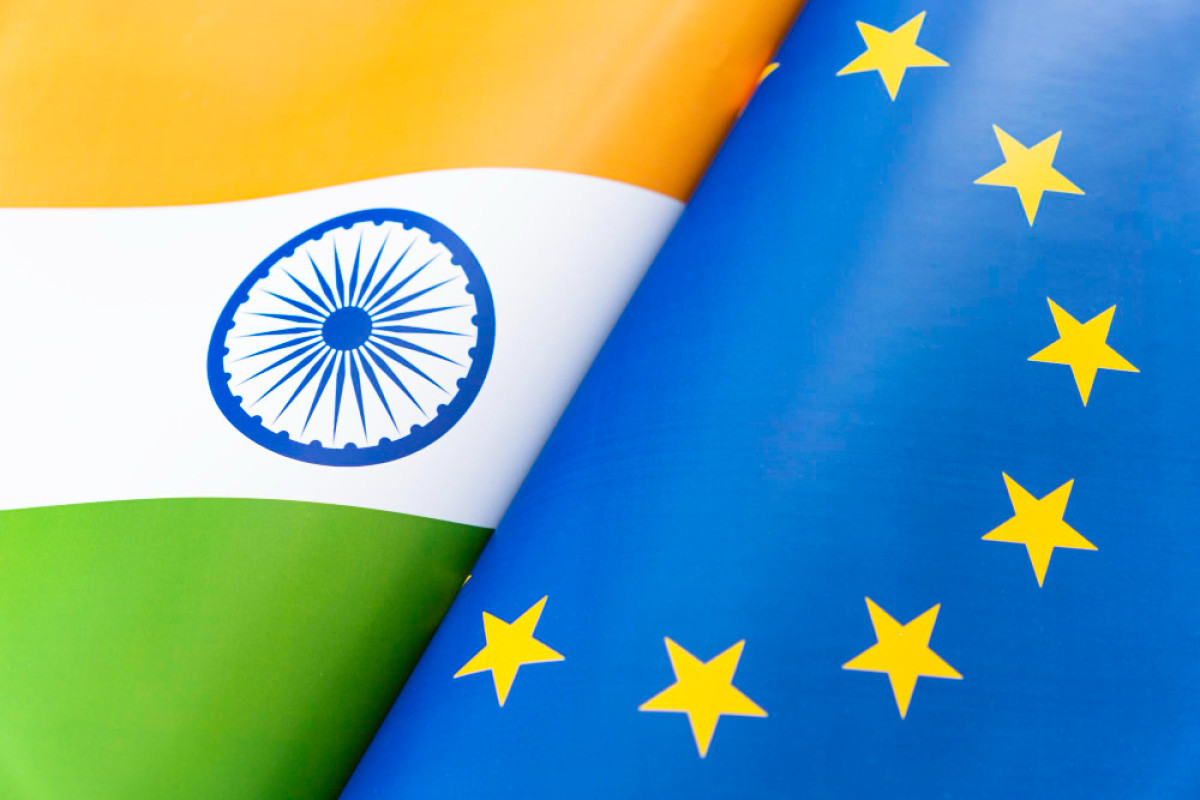This week’s headline features a story from Europe: To address key geopolitical challenges, including Indo-Pacific tensions and China's dominance, India and the EU have agreed to hold their first ministerial Strategic Foreign Policy Dialogue. The decision follows a phone conversation between Indian External Affairs Minister S. Jaishankar and EU High Representative Kaja Kallas. This dialogue is a precursor to the 2025 India-EU Summit, focusing on security cooperation, trade, the green transition, and digital governance, and aims to strengthen bilateral ties and prepare for significant future partnerships.
Europe: Portuguese Foreign Minister Paulo Rangel stressed the importance of concluding the EU-India Free Trade Agreement (FTA) during his visit to India, emphasizing its geopolitical value amid rising protectionism. His visit marked 50 years of India-Portugal diplomatic ties, and future trade talks are scheduled in Lisbon in January 2025 to deepen economic and cultural relations between the two nations.
North America: India's exports to the US reached USD 77.5 billion in FY24, growing at a CAGR of 10.3% over 30 years. Despite initial setbacks post-global financial crisis, the US remains a significant market, accounting for 18% of total exports in FY24. The report advises diversification of export markets to reduce dependency and mitigate risks, highlighting key commodities with high exposure to the US market.
South America: India is working on securing critical mineral and petroleum supply chains through trade deals with Peru and Chile, aiming for duty concessions for exports. Despite ongoing negotiations, the government has not yet approved upgrades to existing agreements. Discussions are also underway with MERCOSUR to deepen trade relations in Latin America.
Asia: During a meeting in New Delhi, PM Modi and UAE Foreign Minister Sheikh Abdullah bin Zayed Al Nahyan discussed the India-Middle East-Europe Corridor as a historic initiative for regional connectivity and prosperity. They also emphasized strengthening the Comprehensive Strategic Partnership in technology, energy, and people-to-people ties.
Australia: India and Australia reviewed the progress of their interim trade pact and discussed widening it into a Comprehensive Economic Cooperation Agreement (CECA). They outlined a path forward for an early conclusion, covering key areas such as trade, services, and agri-tech cooperation.
Africa: India, along with South Africa, Namibia, and Turkey, has opposed the China-led Investment Facilitation for Development agreement at the WTO, citing concerns over loss of policy space for developing nations. India has also proposed a per capita distribution of subsidies approach to address overfishing and overcapacity, advocating for a balanced solution between sustainability and livelihoods.


